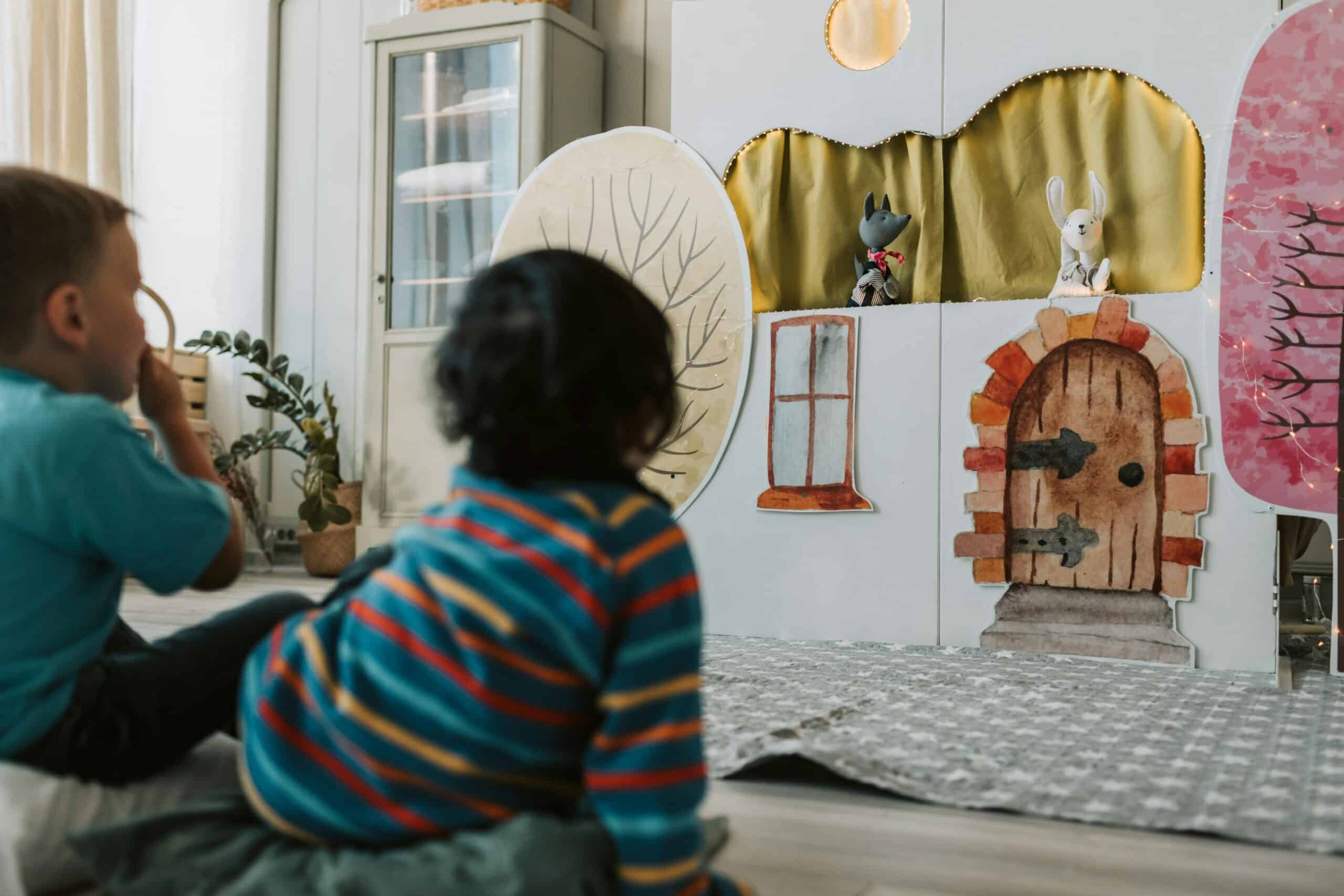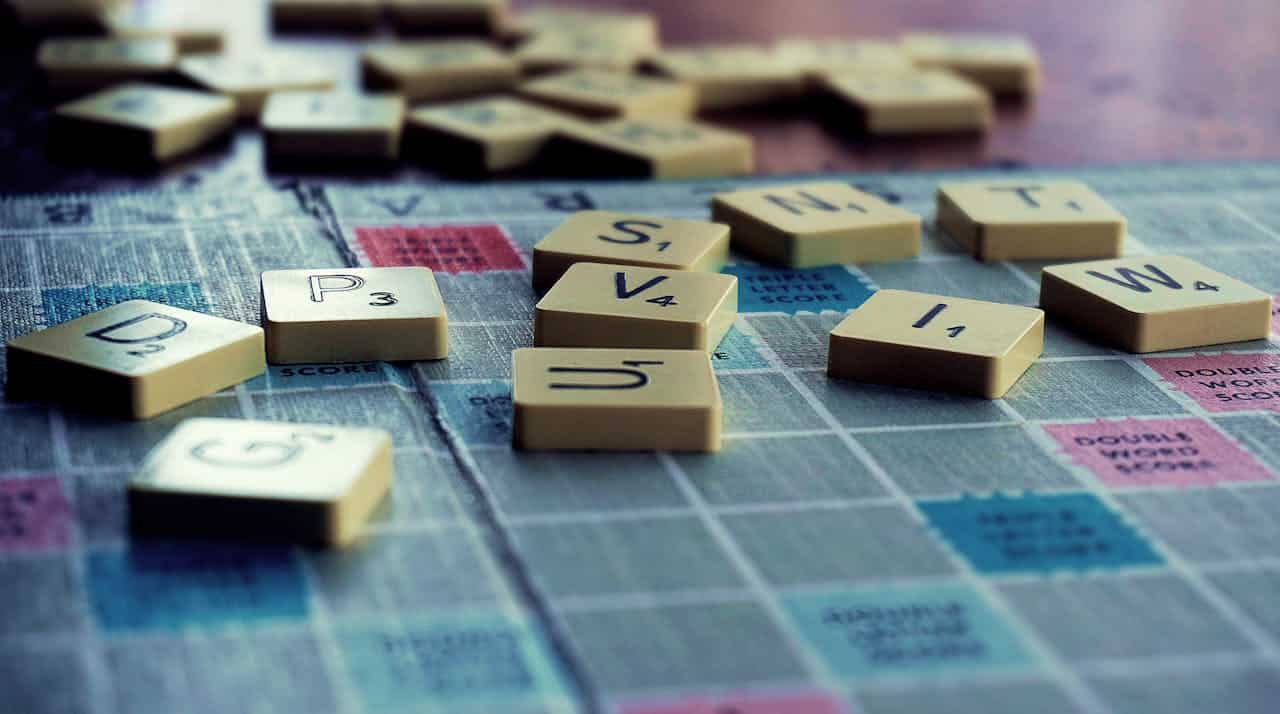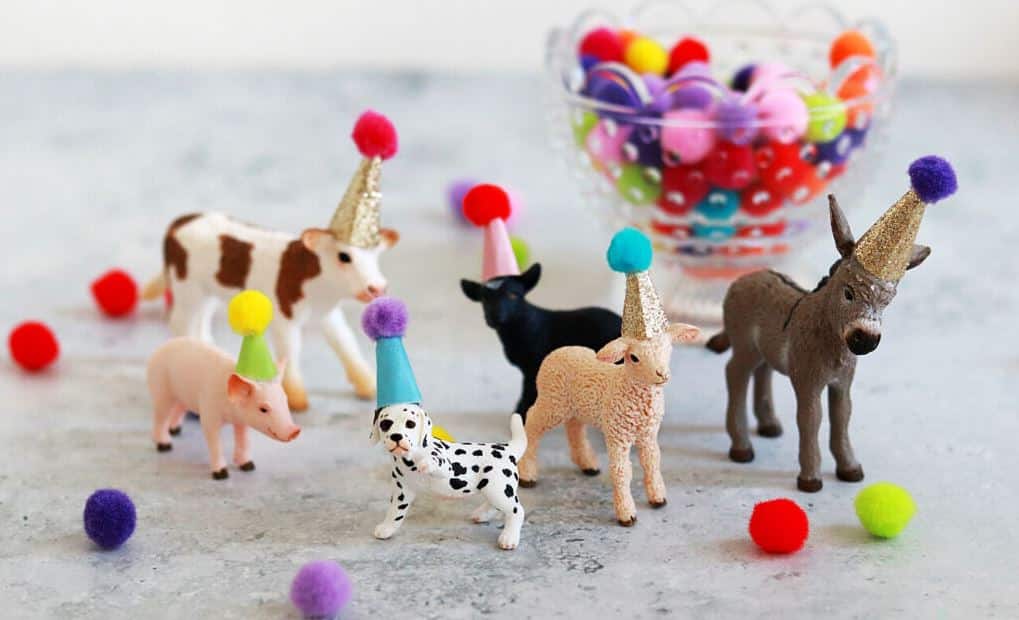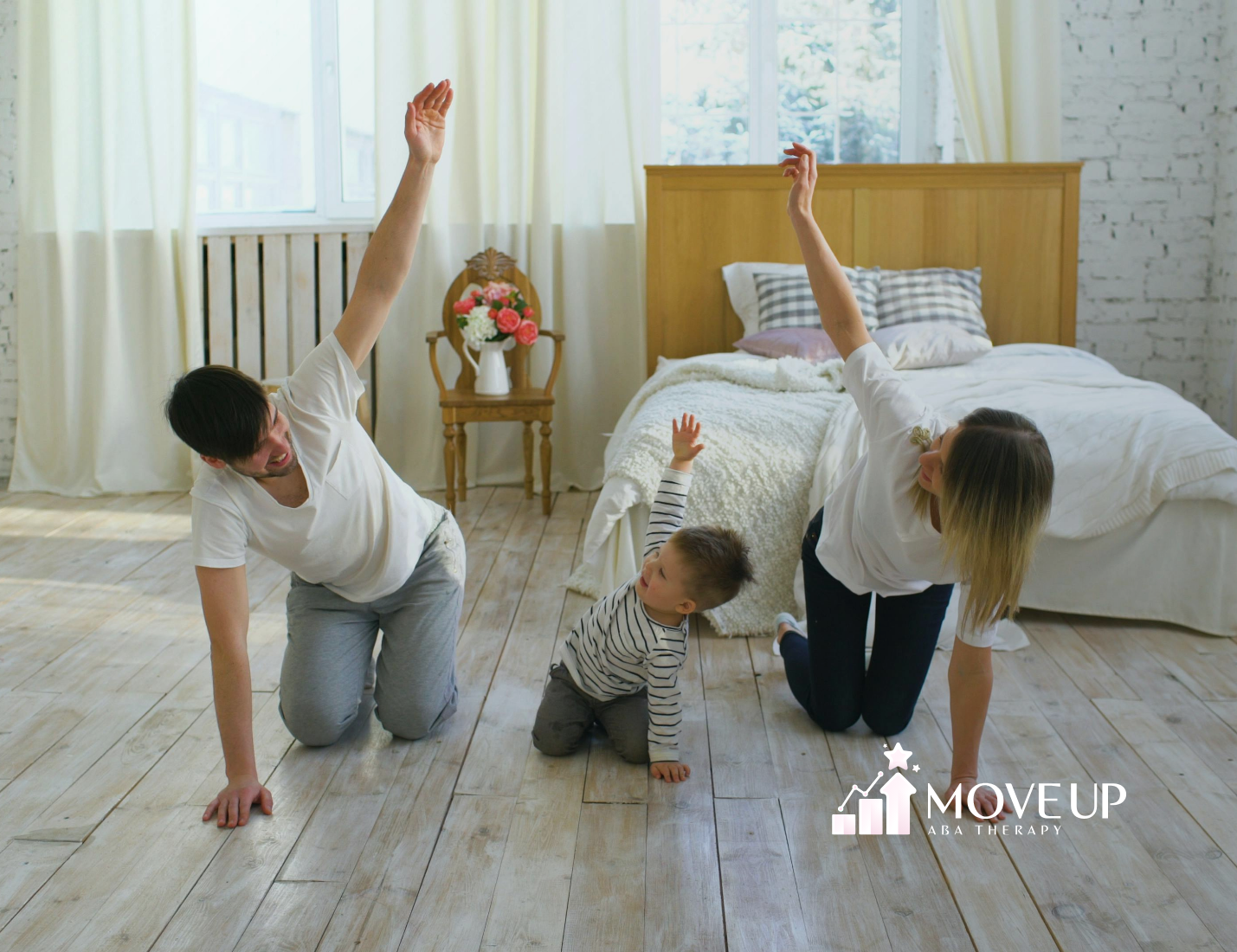Understanding ABA Therapy for Autistic Children: It’s Not All Work and No Play!
First things first, let’s chat about what ABA therapy for children really means. Autism Applied Behavior Analysis (ABA) might sound like a mouthful, but it’s actually a super cool way to help our kiddos with autism learn and grow. Think of it as a special toolbox filled with techniques to boost communication, social behavior, and all-around awesome behavior!
But here’s the kicker – ABA therapy isn’t about sitting at a desk all day long. Nope, it’s all about making learning fun and engaging. After all, who said therapy can’t be a blast?
Now, let’s see how play becomes the secret ingredient in this learning recipe!
The Power of Play: Where the Magic Happens
Alright, picture this: your little one is giggling uncontrollably while stacking colorful blocks or zooming toy cars across the floor. Guess what? That’s not just play – it’s learning in disguise! Play is like a secret sauce that makes everything better. It’s how kiddos explore their world, figure out how things work, and learn to interact with others.
Success Stories
“Move Up ABA has been a lifeline for our family. Before starting therapy, our son struggled with daily routines and communication. Now, he’s more independent and even initiated a conversation with a classmate for the first time! The progress we’ve seen in just six months is truly remarkable.”
- Emily R., Silver Spring, Accountant
“As a single dad, I was overwhelmed trying to manage my child’s behavior. The Move Up ABA team not only provided amazing support for my little girl but also taught me practical strategies to use at home. Their in-home sessions fit perfectly with our busy schedule. I’m so grateful for their patience and expertise.”
- Michael T., Rockville, Middle School Teacher
“We were hesitant about starting ABA therapy, but Move Up ABA’s approach put us at ease from day one. Our twins have made incredible strides in their social skills and self-regulation. The therapists are like extended family now, and we couldn’t be happier with our decision to work with them.”
- Aisha and James L., Simpson, Police Officers
How Play Enhances Your Child’s ABA Therapy Session: Making Learning a Party!
When we mix play into ABA therapy sessions, it’s like throwing the best party ever for your child’s brain. They’re having so much fun, they don’t even realize they’re learning! For example, imagine your child is working on taking turns. Instead of just telling them “it’s your turn, now it’s my turn,” we might play a super fun game of “Hot Potato” where everyone has to pass the “potato” (maybe it’s a squishy ball) when the music stops. Suddenly, turn-taking isn’t a chore – it’s a game!
Incorporating Special Interests: Your Child’s Passions are Our Secret Weapon
Does your little one absolutely adore dinosaurs? Or maybe they’re all about trains? Well, guess what? We’re going to use that! If we’re working on language skills with a dino-loving kiddo, we might set up a prehistoric world where they have to name different dinosaurs to “feed” them. It’s not just fun – it’s tailored fun that speaks directly to your child’s interests!
Speaking of tailored fun, let’s explore the different types of play while integrating ABA therapy techniques!
Types of Play Used in ABA Therapy for Children: A Buffet of Fun!
Structured Play Activities: Fun with a Purpose

Structured play is like having a game plan for fun, and it’s a key component in ABA therapy for kids. We might use activities like:
“Simon Says” to work on following instructions (and maybe throw in some silly moves to practice motor skills!)
Sorting games with colorful objects to practice categories, colors, and cognitive skills
Puppet shows to encourage storytelling, language development, and social interaction
One specific technique you might hear about is called “discrete trial training” (DTT) . It’s like a mini-lesson wrapped in play! In DTT, we break down skills into tiny, manageable pieces and practice them in a fun, repetitive way. For example, if we’re working on identifying colors, we might show a red card and say, “What color is this?” When your child answers correctly, they get a high-five or a favorite toy as a reward. It’s quick, it’s focused, and it’s super effective – especially when we mix it up with other playful ABA strategies!
Free Play in ABA: Let the Imagination Run Wild!
Free play is when we let your child take the lead. It’s amazing to see what they come up with! We might provide a variety of toys and just observe how they interact with them. This helps us understand their interests and behaviors better.
Social Play and Peer Interaction: Making Friends and Memories
Playing with others is a big part of growing up. We might organize small group activities where kids can practice sharing, taking turns, and communicating with each other. Imagine a mini “construction site” where kids have to work together to build a tower – teamwork makes the dream work!
Now that we’ve explored different play types, let’s talk about the stars of the show – the toys and games!
The Role of Toys and Games in ABA Therapy: Not Just Any Old Toys!
Choosing the Right Toys for Skill Development: Tools of the Trade
We’re not just grabbing any old toy off the shelf. Oh no, we’re toy matchmakers! We pick toys that are perfect for working on specific skills. For instance, if we’re focusing on fine motor skills, we might use toys like:
Lego blocks for building and creativity
Play-doh for squishing and molding
Puzzles for problem-solving and patience
Using Technology in Play-Based ABA: Welcome to the Digital Playground
In today’s world, technology can be a fantastic tool for learning. We might use:
Interactive apps that teach cause and effect
Video modeling to demonstrate social skills
Music apps to work on rhythm and following instructions
Remember, screen time is just one tool in our big box of fun – we always balance it with hands-on activities!
But toys and games are only part of the equation. Let’s see how a child’s ABA therapist brings it all together!
How ABA Therapists Make Learning Fun: We’re Professional Fun-Makers!
Creating a Positive Environment: Good Vibes Only!
We want your child to associate learning with joy. So, we create an environment that’s welcoming, safe, and just bursting with positive energy. Think colorful decorations, comfy seating, and lots of encouraging words!
Using Positive Reinforcement in Play: Cheering Squad Alert!
When your child does something awesome (which is all the time, let’s be real), we celebrate! This might look like:
High fives for completing a task
Stickers for trying something new
A favorite toy as a reward for target behavior
The goal is to make your child feel like a superstar for their efforts and achievements!
Now, you might be wondering, “This all sounds great, but does it really work?” Great question! Let’s look at some real research that shows just how effective play therapy can be.
The Evidence: Play Therapy in Action

Let’s take a moment to geek out over some exciting research!
A recent study by Yasmine Hamdi Bacha and Karima Benseghir looked at how play therapy affects children with Autism Spectrum Disorder (ASD)and other developmental disorders.
Here’s the scoop:
They worked with 10 awesome kiddos with ASD, ages 6 to 8.
The children participated in play therapy sessions that included fun games targeting social skills, communication skills, motor abilities, and concentration.
They used a fancy tool called the Childhood Autism Rating Scale (CARS) to measure behavior before and after the therapy.
And drum roll, please… 🥁
Before therapy, the average CARS score was 42.05.
After therapy, it dropped to 27.35!
That’s a big improvement! It means the kids showed significantly fewer negative behaviors after enjoying play therapy. How cool is that?
This study is like a big thumbs up 👍 for play therapy, showing it can really help children with ASD improve their desired behaviors and skills. It’s not just fun and games – it’s science-backed fun and games!
Now that we’ve seen the proof in the pudding, let’s explore more benefits of play-based ABA therapy!
The Benefits of Play-Based ABA Therapy: More Than Just Fun and Games
Improved Engagement and Motivation: Learning? Yes, Please!
When therapy is fun, kids are more likely to dive in headfirst. They’re not just participating; they’re excited to be there! This enthusiasm can lead to faster progress and better outcomes.
Generalization of Skills: Taking the Show on the Road
The skills learned through play aren’t just for the therapy room. They’re designed to be used in the real world too! For instance, if a child learns turn-taking through board games in therapy, they’re more likely to apply that skill when playing with siblings or friends at home.
Strengthening the Parent-Child Bond: Family Fun Time!
We love to share our play-based techniques with parents. This way, the fun and learning can continue at home. Imagine turning everyday activities like bath time or meal prep into playful learning opportunities. It’s a win-win – quality time and skill-building all rolled into one!
Of course, it’s not always smooth sailing. Let’s talk about how we navigate some challenges!
Overcoming Challenges in Play-Based ABA: Because Life Isn’t Always Smooth Sailing
Addressing Negative Behaviors During Play: Turning Frowns Upside Down
Even during fun activities, problem behaviors can pop up. But don’t worry – we’ve got strategies for that! We might use redirection techniques or break activities into smaller, manageable steps. The goal is to keep the experience positive and productive.
Encouraging Flexibility and Adaptability: Roll with the Punches
For some kiddos, transitions between activities can be tough. We use play to help build flexibility. For example, we might use a “surprise toy” box, where the child has to adapt to playing with whatever toy they pull out. It’s all about making change fun and exciting!
As we journey through the world of play-based for ABA therapy at home or for center-based therapy, it’s important to keep track of our progress. Let’s explore how we measure success and celebrate every victory along the way!
Measuring Progress in Play-Based ABA Therapy: Celebrating Every Step
Tracking Skill Development Through Play: Detective Work in Action
A board certified behavior analyst and ABA therapists use various methods to measure a child’s progress, even when learning occurs through play. We might track how often a child engages in social interaction with others or how long they can engage in an activity, focusing on those crucial target social behaviors. These observations help us tailor the therapy to your child’s unique needs and adjust their individual goals as needed.
Celebrating Achievements, Big and Small: Party Time!

Every step forward in ABA therapy is a reason to celebrate! Whether it’s saying a new word during playtime, demonstrating improved communication skills, or sharing a toy without prompting (hello, positive behaviors!), we make sure to acknowledge and celebrate these victories. It’s all about building confidence, motivation, and reinforcing those desired behavior principles.
As we wrap up our journey through the world of play-based ABA therapy, let’s remember why all this fun and learning is so important.
Let the Good Times (and Learning) Roll!
ABA therapy for children is all about harnessing the power of play to help our little ones with autism thrive. At Move Up ABA, Maryland’s leading ABA therapy service, we specialize in creating fun, personalized interventions that develop crucial skills while bringing smiles to your child’s face.
So, when you hear giggles during an ABA therapy session or see your child eager to share a new game, remember – that’s the sound of growth and a bright future in the making. Keep celebrating every victory, big and small. You’ve got this, and Move Up ABA is here to support you every step of the way!
400 E Pratt St, Floor 8 Baltimore , Maryland 21202, United States
Questions?
Email Us: intake@moveupaba.com
Call Us: (410) 469-1090





